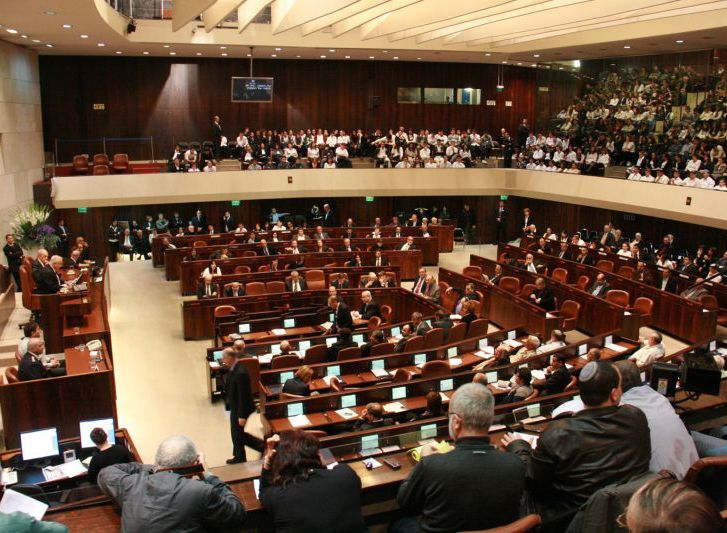Ban on Family Unification extended for 10th year in a row
Adalah: International community must pressure Israel to cancel this racist law
On 13 April 2013, the Israeli government once again called on the Knesset to extend the discriminatory "Ban on Family Unification - Citizenship and Entry into Israel Law (Temporary Order)" for an additional year. The law prevents spouses of Palestinian citizens of Israel, who are from the West Bank, Gaza Strip, and countries deemed "enemy states" by Israel from living together in Israel.
Following the extension of the law until May 2014, Adalah states that this law is one of the most racist of over 50 discriminatory laws in Israel. It has no parallel in any democratic country. Since the Supreme Court failed to strike down the law in 2006 and again in 2012, Adalah believes that the international community must pressure Israel to cancel this unjust law.
Law paved the way for flood of discriminatory legislation during 2009-2012
The law's passage in 2003 and the Supreme Court's failure to strike it down in 2006 and again in 2012 are two of primary causes for the wave of racist legislation that has swept Israel, and for the unprecedented deterioration in both the position of Arab Palestinian citizens of the state, and in the respect given to human rights.
Law passed as a Temporary Order in 2003
The law was passed in 2003 as a Temporary Order for a period of one year. However, the Temporary Order has been extended continuously since then and exists, practically, as a permanent law. It infringes on the rights of thousands of Palestinian families and often prevents children from living together with their families legally in Israel.
Supreme Court twice accepts law by slim majority
The Supreme Court rejected two petitions brought by Adalah and other groups against the law in 2003 and against various amendments to the law in 2007. Adalah argued that the law is unconstitutional and violates Palestinian Arabs’ rights to citizenship, family life, and to freedom of choice in life partner, dignity and equality.
In both cases, the Supreme Court dismissed the petition in 6-5 decisions.
Citations: HCJ 7052/03 Adalah et al. v. The Minister of Interior et al. PD 61(2) 202. English translation of the Supreme Court’s decision.
HCJ 466/07 Zahava Gal-On et al. v. The Attorney General (published in Nevo, 11 January 2012).














